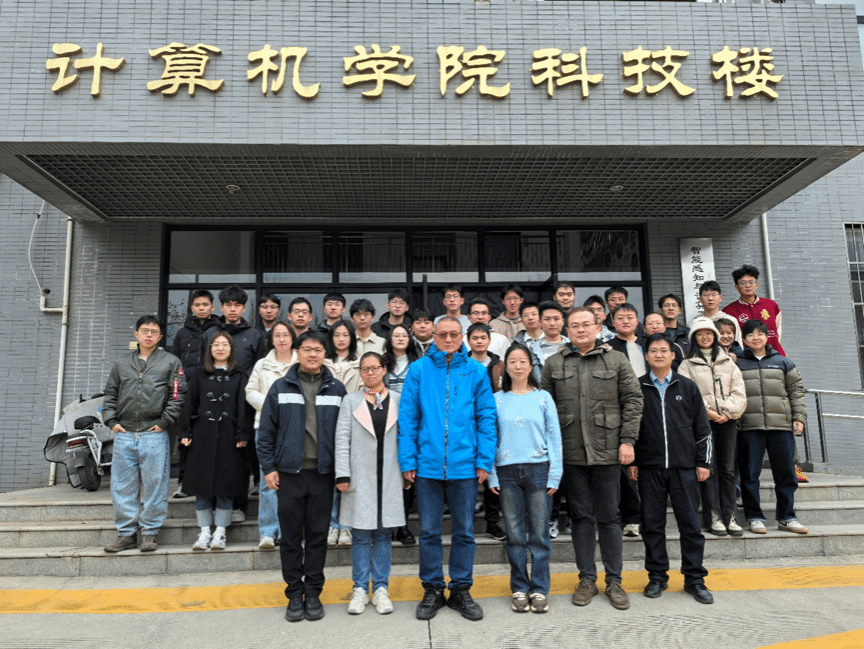Recently, at the 115th meeting of the LHCb (Large Hadron Collider beauty) Collaboration, Northwestern Polytechnical University successfully joined the LHCb Experimental International Collaboration Group. Northwestern Polytechnical University is the 11th member unit in China to join the LHCb Collaboration after institutions such as Tsinghua University, University of Chinese Academy of Sciences, Institute of High Energy Physics of the Chinese Academy of Sciences, and Peking University.
The Large Hadron Collider (LHC) is currently the particle collider with the highest energy, largest scale, and most complex structure in the world. It is located at the European Organization for Nuclear Research (CERN) on the border between France and Switzerland. The four main experiments include ATLAS, CMS, ALICE, and LHCb. Among them, the core physical goal of LHCb is to study the properties of bottom and charm hadrons, precisely test the Standard Model of particle physics, and search for new physics.
Under the strong support of the school leaders and led by Professor Fan Xiaoya and Professor Hu Yongcai, the Integrated Circuit Design Team of the School of Computer Science at Northwestern Polytechnical University has been conducting research on radiation detection front-end integrated circuits since 2010. The team has achieved remarkable results in the research and development of large-array pixel sensor chips for the vertex detector of China's future large particle collider CEPC, the STCF calorimeter-specific low-noise front-end readout chips, and high-data-transmission chips for colliders, which have been recognized by domestic and foreign peers. Based on the above achievements, the team successfully joined the LHCb Collaboration and will participate in the research related to the pixel sensor chips in the upgrade of the upstream track detector of the LHCb experiment in the future.
The main members of the LCHb research group at Northwestern Polytechnical University are five teachers, namely Wei Xiaomin, Zheng Ran, Xue Feifei, Zhao Ruiguang from the School of Computer Science and Wang Jia from the School of Electronics and Information, as well as relevant postgraduate students. The research group will make full use of the international platform of the LHCb experiment, focus on cutting-edge technologies in the discipline, and participate in the research and development of dedicated integrated circuits for advanced detector readout and dedicated integrated circuits for radiation detection.

The research group's joining the LHCb Collaboration has received professional guidance and strong support from the university and the school. Successfully joining the LHCb Collaboration is of great significance for promoting the rapid development of the disciplines of Computer Science and Technology and Integrated Circuit Science and Technology at Northwestern Polytechnical University, strengthening international exchanges and cooperation, and contributing to the "127" goal and the construction of "Double First-Class" universities.
Source: NPU News
